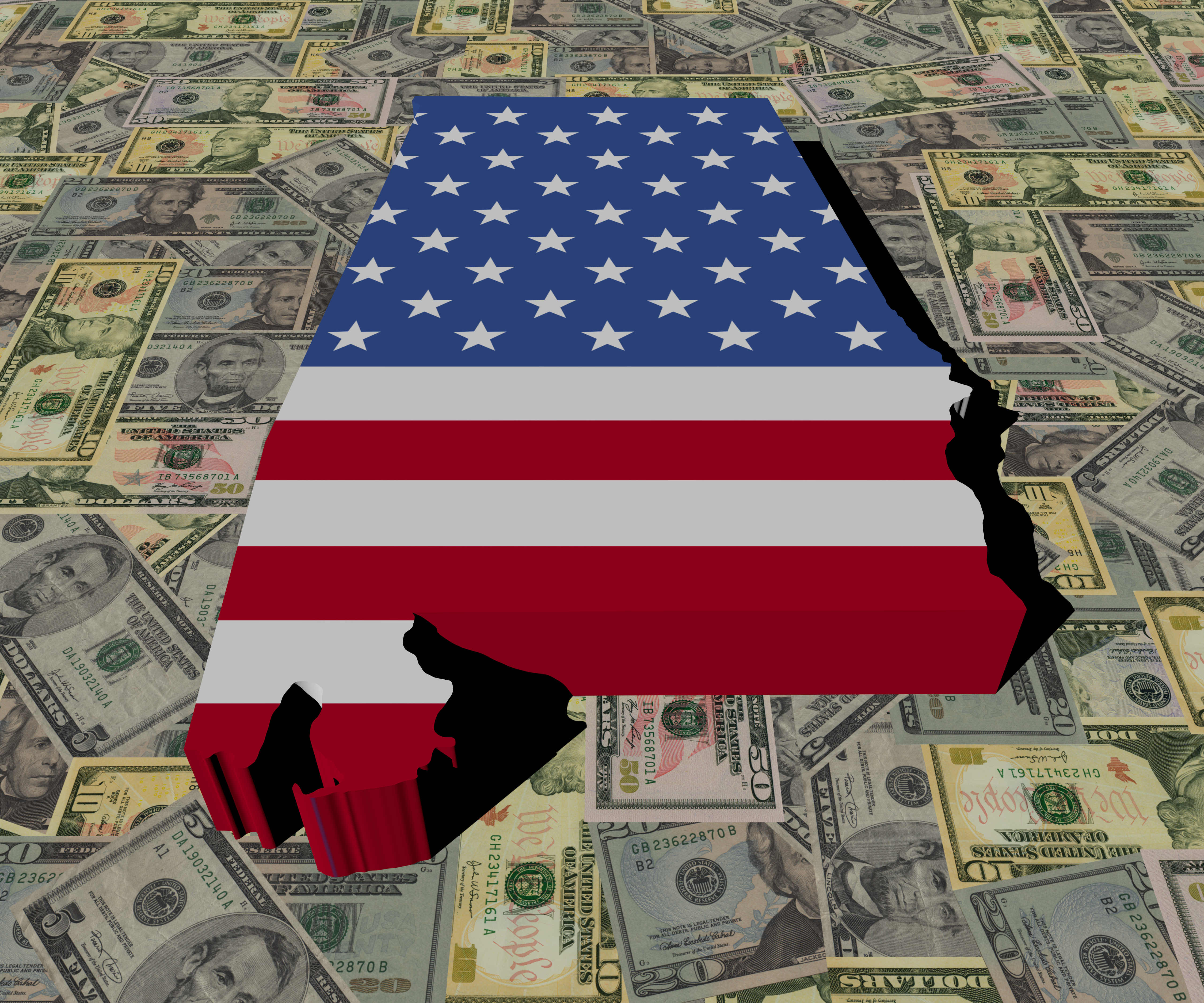|
Getting your Trinity Audio player ready...
|
Economic development, job creation and business recruitment are a top priority for elected officials, community leaders, and business leaders like myself who want to see our communities grow and economies thrive.
Given the huge importance of a growing – or conversely, a shrinking – economy, it might sound strange to think of economic development as a “game,” but in many ways it is. Just like the Southeastern Conference in collegiate sports, the Southeastern United States is also a league of rival teams; in this case, states competing against each other to win on major economic development opportunities.
The way to win in this “game” of economic development is to attract industry to our state and to our communities. When I started YellaWood, my hometown of Abbeville was struggling. But as we continued to build out our operations and expand our manufacturing base, everything changed. Instead of being a community that was crumbling, and where folks were leaving because of a lack of opportunities to be successful, Abbeville became a place that folks were moving to because of the new opportunities to have good jobs and provide for their families.
With the growth of industry comes the jobs that communities depend on to be successful, as well as an increased tax base that can be leveraged to invest back into education, law enforcement, infrastructure and countless other priorities that have a direct impact on people’s lives.
Let’s take our state’s favorite sport, football, as an example – an area where we are certainly a national leader. What does a football team need to be successful? You need a good head coach, a quarterback and running back defended by a powerful offensive line, wide receivers who can make plays and a defense that can stop opponents’ run and pass attacks and prevent opposing offenses from scoring points. Those are a lot of different pieces that all have to fit together to create a winning team.
It is similar with states who are competing to win in the realm of economic development.
Fortunately for our state, we have many of these pieces already in place. We have a strong, skilled workforce. We have a competitive, low-tax, low-regulation business environment. And thanks to a series of economic development incentives bills that were recently passed by our legislature and signed by my friend Governor Kay Ivey, we have a reinvigorated tool chest to make our state more appealing.
But one area where our state, unfortunately, needs improvement is in our industrial sites. Just like how a coach looks for a good quarterback, linemen and defensive backs, companies deciding where they would like to establish and expand their operations look for these economic assets. Quality industrial sites in the realm of economic development are just as important as a quarterback is in football.
For companies to choose to invest in Alabama, they need access to shovel-ready industrial sites to create their manufacturing bases and be successful. Many of Alabama’s industrial sites simply do not have the infrastructure and resources that companies need, which makes it difficult for our state’s economic developers to win in their economic development efforts.
This problem is exacerbated as our neighboring states are making ambitious investments into their industrial sites and are seeing great progress. If Alabama does not invest in its industrial sites now, we run the risk of falling behind the rest of the pack and losing out on important economic opportunities for our state’s future.
We as a state have the opportunity to fix this problem. Thanks to the Site Evaluation and Economic Development Strategy (SEEDS) Act that was signed into law this Spring, we have an opportunity to make our state the gold standard for companies looking to invest.
If the SEEDS Act is fully funded, our state will have the ability to accelerate and expand our site preparation process, as well as Alabama’s inventory of available sites.
Other states are making these investments. Not doing so would make about as much sense as a football team refusing to practice.
If Alabama makes the investments now into our state’s critical industrial sites, we can win the game of economic development and beat Georgia, Tennessee and other states when it comes to creating jobs and developing an economy for the future.
Let’s put our state in a position to win and develop the industrial sites needed to compete.


















































